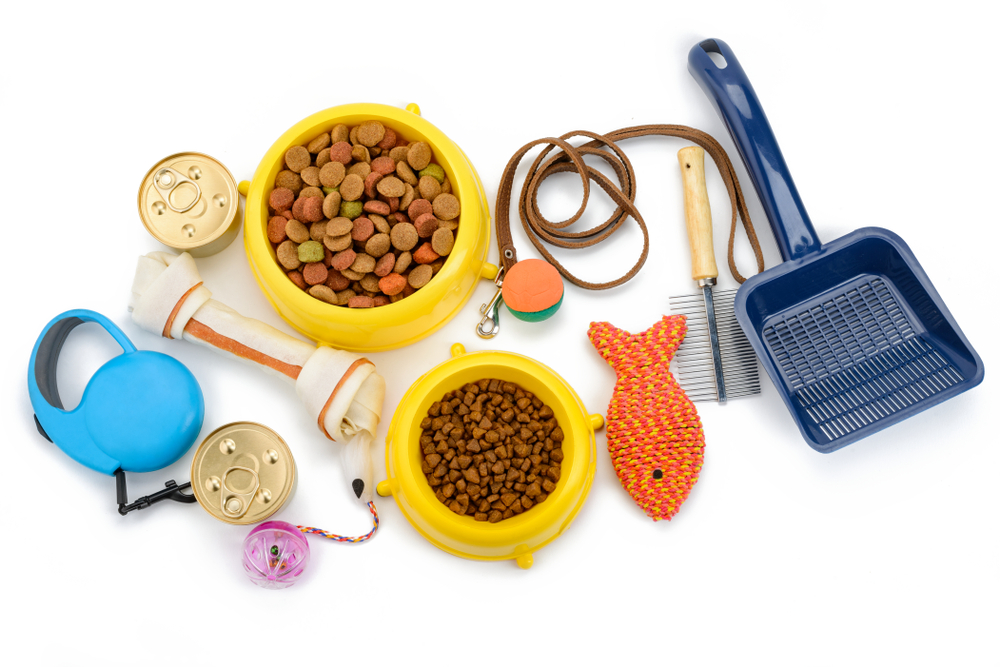

Adding a new puppy to your family is an exciting time. The joy and laughter a little furry friend brings into your life is immeasurable. However, along with the fun and frolic, comes a great deal of responsibility. Each breed has its needs, but there are some general aspects that every new puppy owner needs to keep in mind.
What to Expect with a New Puppy?
Your life is about to change with the arrival of your new puppy. The first few months will be an exciting whirlwind of feeding, playing, training, and bonding. Remember, your new puppy is just a baby and will need your constant attention and care. They will likely be curious and mischievous, so puppy-proofing your house is essential.
You may also have to deal with middle-of-the-night bathroom breaks, early morning wake-up calls, and the occasional chewing of shoes or furniture. However, the love and companionship they provide outweigh these minor inconveniences. Your patience, time, and effort in these initial stages will shape your puppy's behavior and health in their coming years.
Essential Items for Taking Care of a New Puppy
Taking care of a new puppy requires some essential items. These include a suitable bed, food and water dishes, a leash, a collar, toys, grooming supplies, and a crate. Getting a crate is especially crucial as it provides your puppy with a safe space of their own and aids in training.
Remember to purchase high-quality puppy food for proper nutrition. It's also essential to invest in safe chew toys to keep your puppy entertained and help with teething. Regular grooming helps maintain your puppy's fur and skin health, so a good brush and dog-shampoo are necessary. Also, don't forget to get an ID tag for their collar with your contact details, just in case they wander off.
Proper Nutrition for Puppies
Proper nutrition is vital for your puppy's growth and development. Puppies require a diet high in protein and fats, along with a balance of carbohydrates, vitamins, and minerals. This helps support their rapid growth, provide energy, and build a strong immune system.
Remember to feed your new puppy small, frequent meals. Overfeeding can lead to obesity, which can cause numerous health problems. Consult your veterinarian for the appropriate quantity and type of food for your puppy's breed, size, and age. Also, ensure fresh water is always available for your pup.
The Importance of Wellness Exams and Vaccinations for Puppies
Routine wellness exams and vaccinations are crucial elements of your puppy's health care plan. Regular veterinarian visits enable early detection of potential health issues, ensuring timely treatment. These visits also allow your vet to monitor your puppy's growth and development and provide necessary dietary advice.
Vaccinations protect your puppy from various contagious diseases. Your vet will provide a vaccination schedule based on your puppy's age, breed, and health status. Remember, keeping up with wellness exams and vaccinations is a key responsibility when caring for a new puppy.
Exercise and Play for Puppies
Adequate exercise and play are vital for your puppy's physical and mental well-being. Regular exercise helps maintain a healthy weight and builds strong muscles and bones. It also helps burn off their endless energy and reduces destructive behavior.
Playtime is not just fun for your puppy; it's also a learning experience. It helps them develop social skills and understand the world around them. Toys can stimulate their minds, relieve boredom, and satisfy their innate urge to chew.
Socialization for Puppies
Socialization is a crucial part of your puppy's development. It involves exposing your puppy to a variety of people, environments, and other animals to ensure they grow into a well-adjusted adult. Proper socialization reduces the risk of your puppy developing fear, aggression, or anxiety.
Start socializing your puppy as early as possible. Take them to different environments - parks, pet stores, puppy classes. Let them meet people of different ages and other dogs. Remember to keep these experiences positive and safe.
Ensuring Your Puppy’s Health and Development
Taking care of a new puppy requires a great deal of time, effort, and patience. From buying essential items, providing proper nutrition, and regular vet visits, to training, exercise, and socialization, each aspect plays a crucial role in your puppy's health and development.











